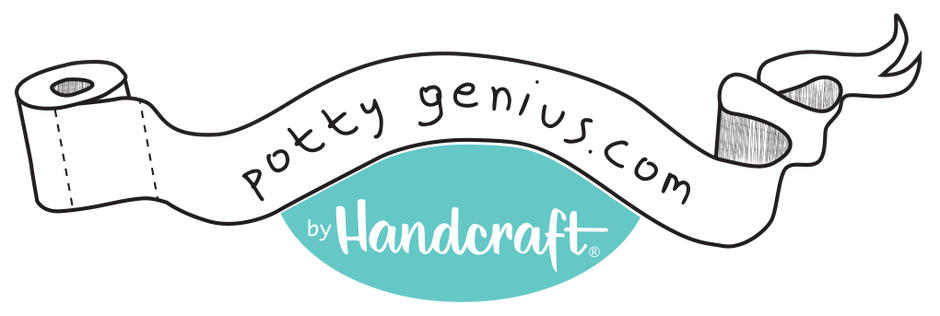According to the Centers for Disease Control and Prevention, behaviors are more likely to continue when followed by a positive consequence, like a reward. However, when it comes to rewards for potty training, there are opposing opinions, and both sides of the argument have valid points. This is only meant to help with a dilemma. You have to do what you believe will work for your child. Nonetheless, when I started researching whether or not to reward your child when potty training, I started questioning my own methods.
Every Kid is Different
I rewarded both my children when potty training them. My oldest child was a piece of cake, but it took her until she was just about 3 years old to fully grasp it, even though I started trying with her at the age of two. Still, she kept from protesting, remained interested, and when she decided she was ready, she mastered it in a matter of days. In hindsight, I know that she just wasn’t ready at 2 years old and needed to do it in her own time. I assumed that using rewards for potty training was how I was supposed to do it and never even questioned whether or not to. However, I did avoid candy as often as possible and worried about whether I’d be “spoiling” her with rewards. Potty training my youngest child was tough. As a boy, he was far too busy to stop what he was doing to take the time to use the potty. I used potty training rewards with him, but he quickly lost interest. By the time he actually did use the bathroom on his own, he’d held it so long that easing his discomfort was enough of a reward. I’d literally call him back to the bathroom saying, “Wait, you forgot your sticker!” Looking back, I honestly wonder if using a reward system helped him at all.Reasons Against Potty Training Rewards
You — and only you — know whether you should reward your child for potty training. To help with this decision, consider the following points from those who advise against it:- It’s normal, expected behavior. When they’ve mastered potty training, do you stop rewarding them? If so, what incentive do they have to avoid reverting to going in their pants?
- How much is enough? A sticker loses its luster quickly. And when you keep increasing rewards for potty training, you’re teaching your child that if they whine about what you’re giving them, they’ll get something bigger and better.
- Do they really understand the concept of a reward system? Consider the type of potty training reward system that I almost tried with my daughter: “After you get a full week of smiley faces, you get to go to the store to pick a toy.” Does a toddler really understand the concept of time? And what if they don’t do so well on a given day? Imagine the disappointment and the resulting lack of trust they have in you. It must be discouraging when they look forward to something but can’t get it all because they had a difficult day.
- They learn how to trick the system. When you reward them for going to the bathroom, there is a chance that they might reserve some of their pee for a half hour later. And when they don’t eliminate completely, they’re putting themselves at risk for bladder infections.
- What about daycare? You reward your child for potty training at home, but when he or she goes to daycare, the rewards stop. That confuses them.
- Rewarded actions stop when rewards stop. I actually never had this issue, and I’m surprised that I didn’t, but wouldn’t you think that when you stop rewarding the child during potty training, they’d stop doing the action you are rewarding them for? Actually, maybe that is why my son still has nighttime accidents. Who knows?

